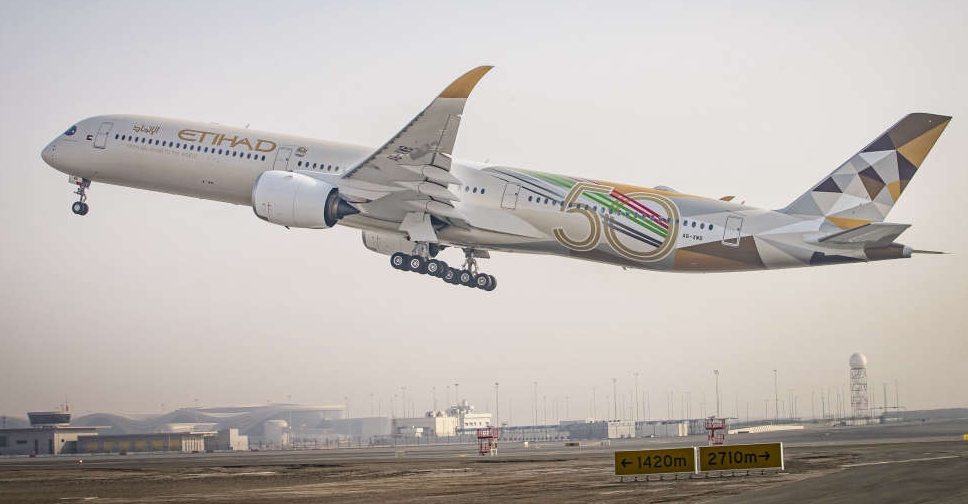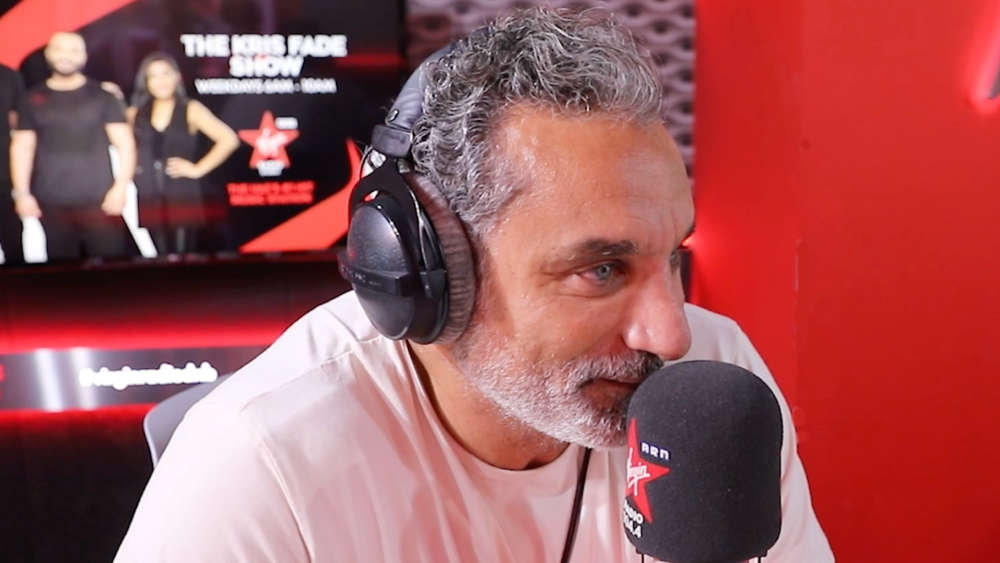
Etihad Airways soared to record-breaking profit during the first half of this year on the back of growing travel demand.
The Abu Dhabi-based carrier posted a core operating profit of $296 million (AED 1.08 billion) during the six-month period compared to a $392 million (AED 1.43 billion) loss over the same period last year.
This result was achieved despite fuel costs increasing by almost 60 per cent in comparison to the same period last year.
There was a four-fold increase in passenger numbers (over 4 million) between January and June with an average seat load factor of 75 per cent.
The airline saw a strong boost in passenger volumes in February as Abu Dhabi further relaxed pandemic-related restrictions.
The first half of the year saw Etihad launch five summer services, including new seasonal routes to Heraklion on the island of Crete and the French city of Nice.
Tony Douglas, Group Chief Executive Officer, said: "Thanks to our transformation programme, Etihad is emerging from the pandemic stronger than ever, with a world-class fleet, an unmatched customer proposition and sustainability woven into every fibre of our business.
"Sustainability continued to be a priority area for Etihad as we entered our fuel-efficient A350-1000s into service and continued our industry-leading decarbonisation efforts, leading to Etihad being recently named Environmental Airline of the Year."
Passenger revenues tripled in the first six months of the year, climbing to $ 1.25 billion (H1 2021: $ 320 million) as more business and leisure travellers returned to the air.
This was supported by more countries across Etihad's network relaxing their COVID-related travel restrictions.
Cargo operations also continued to deliver exceptional results with revenues of $ 802 million in the first half of 2022, representing an increase of 6 per cent on the same period last year.
Revenues remained strong despite the increase in passenger volumes limiting belly-hold capacity, leading to a 19 per cent reduction in freight carried (295,020 tonnes).
Adam Boukadida, Chief Financial Officer, said: "In the first half, we managed to further reduce our fixed overhead and finance costs by $50 million compared to H1 2021, reduce the level of debt on our balance sheet, and improve our EBITDA by more than $600 million.
“While ramping up our operations and recording a four-fold increase in passenger volumes, we kept a tight hold on our cost base. As a result, our operating costs only rose by 26 per cent despite a 46 per cent increase in deployed capacity."




 Nasdaq set to confirm bear market as Trump tariffs trigger recession fears
Nasdaq set to confirm bear market as Trump tariffs trigger recession fears
 Dana Gas and Crescent Petroleum exceed 500M boe in Khor Mor field
Dana Gas and Crescent Petroleum exceed 500M boe in Khor Mor field
 China to impose tariffs of 34% on all US goods
China to impose tariffs of 34% on all US goods
 Shares bruised, dollar crumbles as Trump tariffs stir recession fears
Shares bruised, dollar crumbles as Trump tariffs stir recession fears




